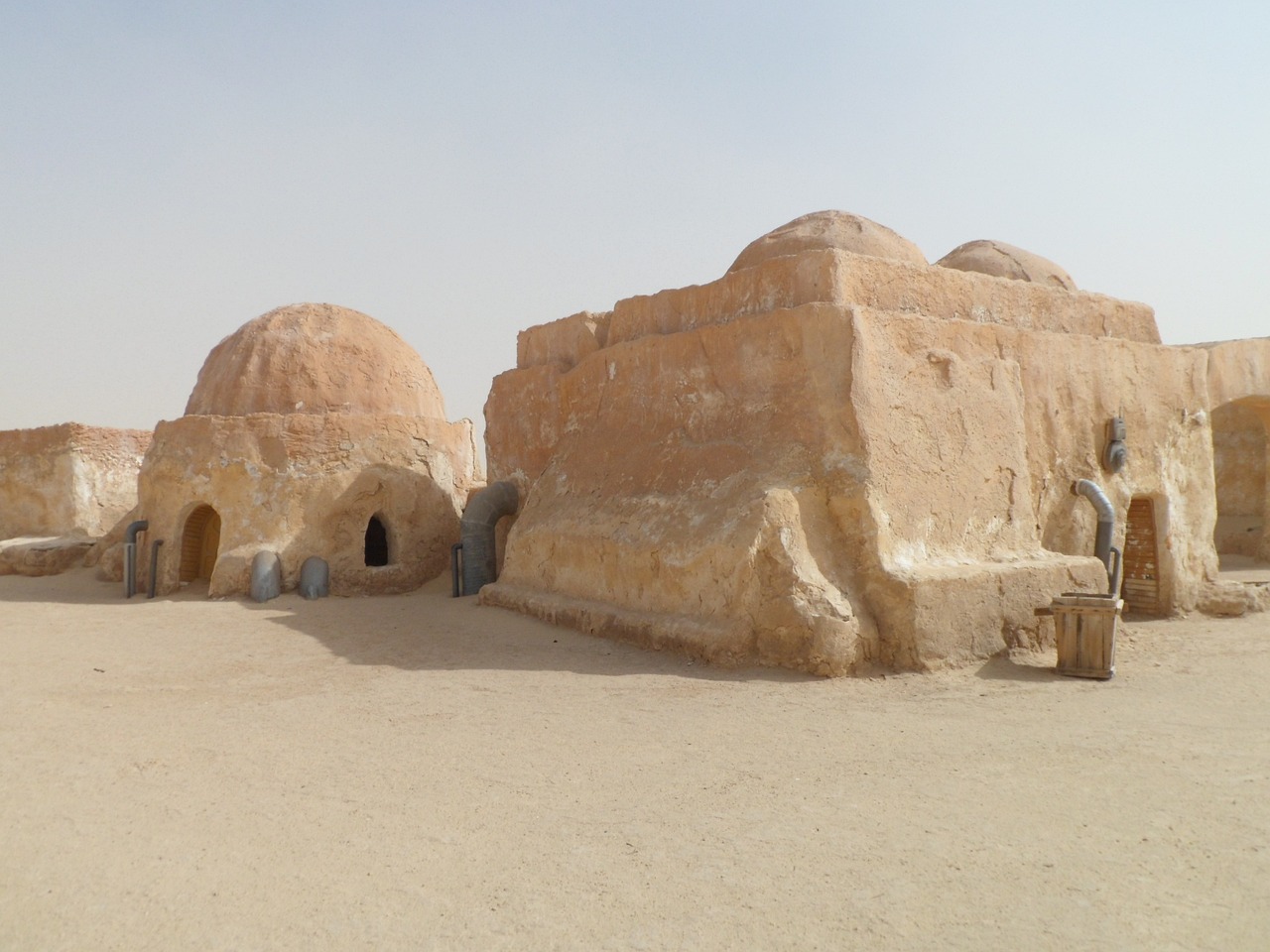Tunisia Video
Coping with Power Outages: Being Prepared in Tunisia
Introduction
Power outages can occur unexpectedly, causing inconvenience and disruption to daily life. In Tunisia, power outages are not uncommon, particularly during periods of high energy demand or maintenance work. Being prepared for such situations is essential to minimize the impact and ensure your safety. This article provides detailed information on coping with power outages in Tunisia, including practical tips and essential preparations.
Understanding Power Outages in Tunisia
Before diving into coping strategies, it’s important to understand the reasons behind power outages in Tunisia. Power outages can occur due to various factors, including:
- High energy demand: During peak hours or seasons, when the demand for electricity exceeds the supply capacity, power outages may occur as a means to balance the load.
- Maintenance and repairs: Scheduled maintenance and repairs on power infrastructure can lead to temporary power outages in specific areas.
- Equipment failure: Malfunctioning equipment or technical issues within the power grid can result in unexpected power outages.
- Extreme weather conditions: Severe weather events, such as storms or heatwaves, can cause damage to power infrastructure and result in power outages.
By understanding these factors, you can better prepare for potential power outages and minimize their impact on your daily life.
Creating an Emergency Kit
Having an emergency kit readily available is crucial during power outages. This kit should contain essential items that can help you navigate through the outage period. Here are some items to include in your emergency kit:
- Flashlights and extra batteries: Ensure you have multiple flashlights and an ample supply of batteries to provide lighting during the outage.
- Battery-powered or hand-crank radio: A radio can keep you updated on the latest news and emergency information during the outage.
- Non-perishable food and water: Stock up on non-perishable food items and bottled water to sustain yourself during extended power outages.
- Medication and first-aid supplies: If you rely on medication, ensure you have an adequate supply on hand. Additionally, keep a first-aid kit readily available.
- Portable phone charger: A portable phone charger or power bank can help keep your communication devices charged and functional.
Having these essentials in your emergency kit will provide you with the necessary resources to cope with power outages effectively.
Energy Backup Solutions
Investing in alternative energy backup solutions can significantly reduce the impact of power outages. Here are some options to consider:
- Uninterruptible Power Supply (UPS): A UPS system provides temporary power during outages, allowing you to continue using essential devices like computers or medical equipment.
- Portable generators: A portable generator can supply electricity to power larger appliances or multiple devices simultaneously. Ensure you follow safety guidelines when operating generators.
- Solar power systems: Installing solar panels and a battery storage system can provide a sustainable and renewable source of electricity during power outages.
Exploring these energy backup solutions will give you peace of mind knowing that you have a reliable source of power when the main grid is down.
Preserving Food and Minimizing Waste
During power outages, it’s essential to take steps to preserve food and minimize waste. Here are some tips:
- Keep refrigerator and freezer doors closed: Avoid opening the refrigerator or freezer unnecessarily to maintain the cold temperature and prevent spoilage.
- Use perishable food items first: Prioritize consuming perishable items before they spoil. Plan your meals accordingly to minimize waste.
- Consider alternative cooking methods: If you have a gas stove or grill, you can still prepare meals without electricity. Alternatively, stock up on ready-to-eat non-perishable food items.
- Utilize coolers and ice: If the power outage is prolonged, transfer perishable items to coolers with ice to keep them fresh for a longer duration.
By following these guidelines, you can reduce food waste and ensure you have nourishment throughout the power outage period.
Staying Informed and Connected
During power outages, staying informed and connected is crucial. Here’s how you can achieve that:
- Follow official announcements: Stay updated on power outage information and restoration efforts by following official announcements from local authorities or utility companies.
- Utilize mobile network services: In many cases, mobile networks remain operational during power outages. Use your mobile phone to access emergency services, stay connected with loved ones, and receive updates.
- Join community groups: Join local community groups or social media platforms where residents share information and support each other during power outages.
By staying informed and connected, you can adapt to the situation more effectively and access assistance if needed.
Tunisia Image 1:

Dealing with Extreme Temperatures
In Tunisia, power outages can occur during periods of extreme temperatures, which can be challenging to cope with. Here are some tips for managing extreme temperatures during power outages:
- Stay hydrated: Drink plenty of water to stay hydrated, particularly in hot weather conditions.
- Use natural ventilation: Open windows and doors during cooler hours to allow fresh air circulation within your home.
- Seek alternative cooling options: Use battery-powered fans or create DIY cooling solutions, such as placing a bowl of ice in front of a fan.
- Find community cooling centers: Local community centers or public facilities may offer air-conditioned spaces during heatwaves. Stay informed about these options in your area.
By implementing these measures, you can better manage the impact of extreme temperatures during power outages.
Tunisia Image 2:

Ensuring Home Safety
During power outages, it’s crucial to prioritize home safety. Here are some safety measures to consider:
- Use candles safely: If using candles for lighting, ensure they are placed in secure holders and kept away from flammable objects. Never leave candles unattended.
- Be cautious with alternative light sources: Exercise caution when using alternative light sources like kerosene lamps or oil lanterns to prevent accidents or fires.
- Unplug electronics: To protect your devices from power surges when the electricity is restored, unplug sensitive electronics during the outage.
- Install smoke detectors and fire extinguishers: Equip your home with functioning smoke detectors and keep fire extinguishers readily accessible.
Prioritizing home safety will ensure a secure environment during power outages.
Preparing for Extended Outages
In some cases, power outages can last for an extended period. Here’s how you can prepare for such situations:
- Stock up on essential supplies: Ensure you have an ample supply of non-perishable food, water, and other essentials to sustain you for an extended outage.
- Consider temporary relocation: If the power outage is expected to be prolonged and poses safety risks, consider temporarily relocating to a friend or family member’s home or a designated emergency shelter.
- Keep important contacts handy: Have a list of emergency contacts, including utility companies, local authorities, and medical services, readily available.
Preparing for extended outages will help you manage the situation with minimal disruption and ensure your well-being.
Tunisia Image 3:

Conclusion
Power outages can be challenging, but with proper preparation and awareness, you can cope effectively. By creating an emergency kit, exploring energy backup solutions, preserving food, staying informed and connected, managing extreme temperatures, ensuring home safety, and preparing for extended outages, you can minimize the impact of power outages in Tunisia. Remember, being prepared is the key to staying safe and comfortable during unexpected power disruptions.
References
- Tunisian Electricity and Gas Company (STEG): www.steg.com.tn
- Tunisian Ministry of Energy, Mines, and Renewable Energies: www.energy.gov.tn
- National Institute of Meteorology (INM): www.meteo.tn

